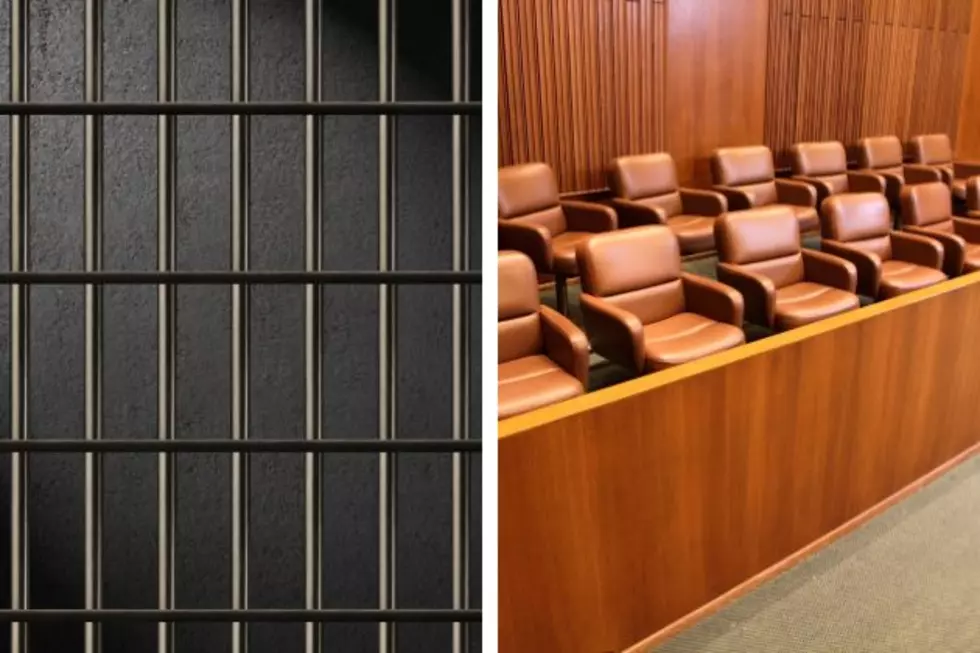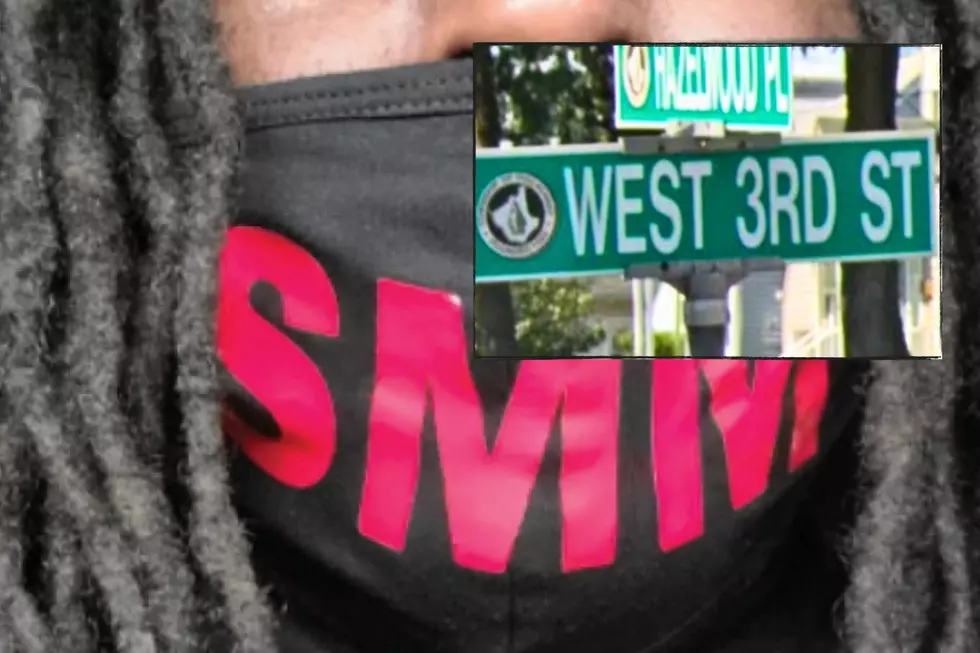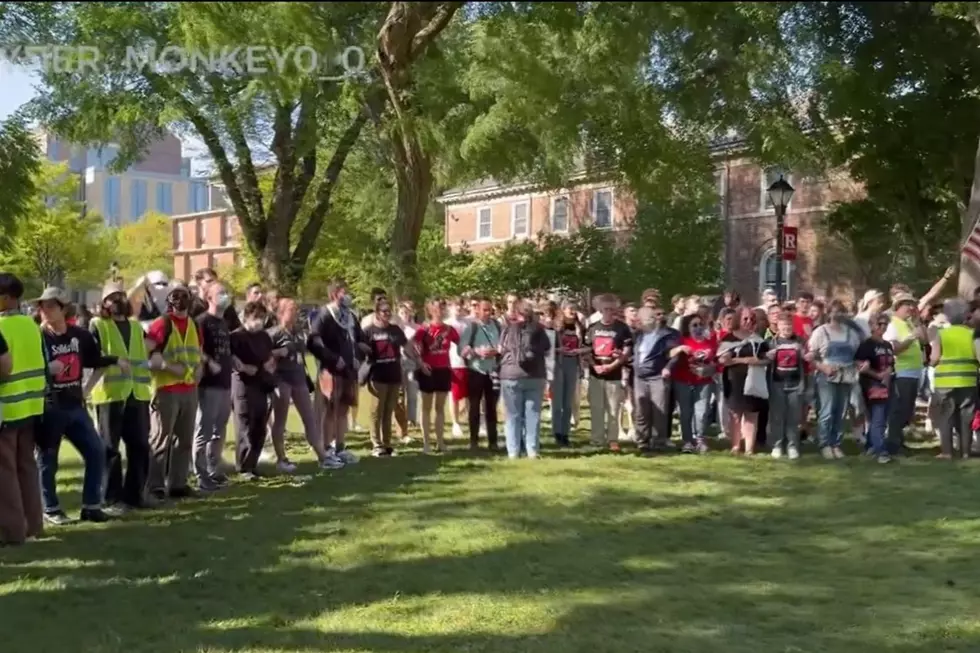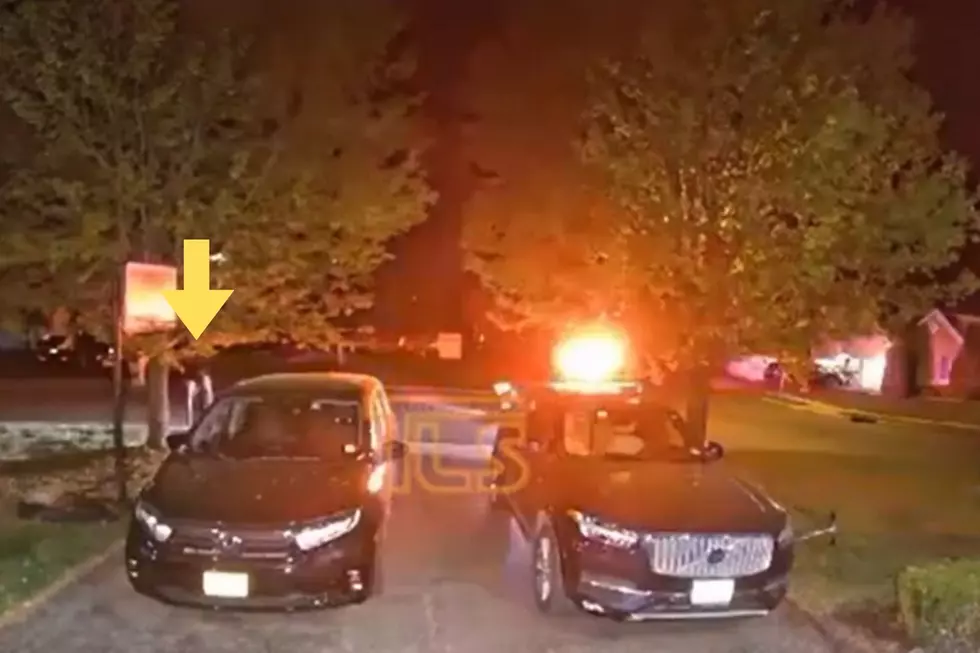
Billing Tiff Could Hold Clue To Prosecutor’s Death
It may have been Jay Fahy's last secret.
Nearly two weeks before the former Bergen County and federal prosecutor committed suicide, a staff member in his law office inadvertently opened a letter addressed to Fahy, marked personal and confidential.
It was a shocker: The New Jersey Supreme Court was about to temporarily suspend his license to practice law because of a billing dispute.
His law partner tried repeatedly to contact him, but received no reply. And Fahy stopped coming to the office — except for one late-night visit, after everyone had left, when he dropped off some papers and removed mail from a chair, said Joe Orlando, a longtime friend who is acting as a spokesman for both the family and the firm.
The contents of that letter, and Fahy's uncharacteristically evasive response to it, may offer the clearest clue to date of why Fahy — a normally ebullient personality who was cracking jokes with friends up until the end — shot himself on a Route 17 walkway on the afternoon of July 17.
"Given the timing of the suspension, as well as the value he placed on his reputation, one could easily tie the two together as potential cause and effect for his passing," Orlando told The Record . "But there is no way for us to ever be absolutely certain."
Fahy's final choices stood in such jarring contrast to the rest of his life that dozens of people who knew him — including his closest friends and acquaintances from a long and high-profile career — have spent the week and a half since his death trying to make sense of it.
Fahy, 58, shot himself just before rush hour on one of the busiest highways in the region, causing traffic to back up for hours in every direction. The public nature of his death inspired speculation that he must have been trying to send some kind of message.
But no suicide note has been found, authorities have said, and no one has come forward with anything but praise for a man who seemed to have been almost universally admired.
It is only through some of Fahy's last actions that his closest friends have started to piece together a picture of what might have happened. What they have come up with is an unsatisfying and untidy story that raises more questions than it answers.
2011 complaint
When the court issued its ruling, the billing disagreement had been festering since Fahy's client filed a complaint in 2011. Many of the details — including how much money was involved — are still unclear. Unlike formal complaints alleging unethical conduct by lawyers, reviews of fee disputes are confidential under Supreme Court rules.
But the ruling did note that Fahy had failed to comply with the findings of a fee arbitration committee, prompting the court's Disciplinary Review Board to recommend a $500 fine and temporary license suspension. It also said that penalty would be "vacated automatically" if Fahy satisfied "all obligations under this order."
The order was dated June 28 and Fahy apparently opened an email from the court on June 29, Orlando said. But he never told his colleagues about it.
The billing complaint came from onetime Fort Lee real estate broker Jamila Davis, according to her mother. Davis — sentenced in 2007 to 12½ years for fraud, according to federal court papers — was trying relentlessly to reopen her case when she hired Fahy.
Davis was in her late 20s when she was arrested. She'd dated NFL players, socialized with hip-hop stars and sold multimillion-dollar homes in Alpine and Upper Saddle River, according to her former attorney, Thomas Nooter. Federal officials later said the houses were sold to straw buyers and that their purchase prices were greatly inflated on loan applications submitted by Davis and her co-defendants.
She never thought of herself as a criminal, Nooter said.
"She probably realized she was pushing the envelope," Nooter said. "That's what she probably thought she was doing. Everyone else thought what she was doing was fraud."
It is unclear what Davis asked Fahy to do. His name is not on any of the official court documents filed with her case. But Nooter said he suspected Fahy wrote a motion arguing to reopen the case that was filed under her own name.
"I think Jay wrote it," he said. "I don't know that he wrote it, but it looks like he did."
Davis is in a low-security prison in Danbury, Conn., and could not be reached for comment last week. But her mother, Liddie, said the family thought Fahy had not done the work they had paid him for, and that Fahy could not produce any documents to back up his bills.
"We paid money out of our pensions and we didn't get it back," she said. "It wasn't fair."
She declined to say how much money the court ordered him to return to the family. But she does not believe it was enough to explain his death.
"It wasn't that much money, for a rich man like that," she said.
She said the court had called several times to see if Fahy had repaid them. She said he never did.
Lived by moral code
Fahy's friends believe he would have been more troubled by the perceived blow to his reputation than by the money involved.
He was not the type to drop cash on lavish trips or $2,000 suits, his friends said. Besides a nice home in Rutherford, he lived modestly. He paid $9 to cut the shaggy silver hair that became one of his calling cards on cable television, where he frequently appeared as a legal expert discussing cases including the George Zimmerman trial and convicted child molester Jerry Sandusky.
Those who knew him say Fahy also lived by a strict moral code.
"It's not the money. It's the indignity he made himself feel," said Frank Migliorino, a friend and attorney in Little Ferry. "When other lawyers see a case like this, they say, 'There but for the grace of God go I.'"
Fahy worked for 30 years to build his reputation, ever since he was a rising star in the Hudson County Prosecutor's Office in the 1980s. From there he became an assistant U.S. attorney, Bergen County prosecutor, then a defense attorney with a successful private practice in Rutherford with his partner, Benjamin Choi.
Throughout a career in which he brought major cases against corrupt police officers and politicians, Fahy was always upbeat, but he could empathize with others, his friends said.
"He had almost a puppy-dog sadness. He was hangdog sometimes," Migliorino said. "He had a sense of innocence, like an altar boy grown up."
Three weeks before Fahy committed suicide, he and Migliorino discussed a small case involving The Balcony, a bar in Carlstadt that had received noise complaints from neighbors. As the borough's attorney, Fahy was trying to reach a compromise with Migliorino, who represented the bar.
"He looked sad because he understood what the neighbors were going through," Migliorino said. "Even the more mundane things, he took seriously. He internalized it."
For some attorneys, losing a fee dispute causes great emotional distress. Patrick Caserta, an attorney in Wayne, is a former chairman of the District 11 Fee Arbitration Committee, which covers Passaic County, and has represented other lawyers in such disputes. Some of Caserta's clients took such proceedings in stride while others believed — incorrectly — that their careers were over.
"Some lawyers can feel it is some sort of black mark on their career," said Caserta, speaking about such cases in general. "In my experience, it is not at all uncommon to see someone become unraveled by what others might see as a minor dispute and a routine part of their practice."
The man who literally wrote the book on attorney fee disputes, Robert Ramsey, has been involved in 10 of them.
"It's the most routine thing you can imagine," said Ramsey, author of "New Jersey Attorney Discipline," the textbook lawyers refer to when handling disciplinary matters. But a failure to resolve such a dispute before a suspension takes hold is unusual, he said.
Had Fahy chosen to share his trouble with his friends, they say, they could have helped.
"If Fahy came up to me and said he needed $10,000, I'd give it to him," Migliorino said. "It almost makes me angry that he didn't give us a chance. We could have helped him."
Missed meetings
But Fahy didn't say anything to the friends he saw during his last days.
He missed the first two July meetings of the Carlstadt Borough Council, said Borough Clerk Claire Foy, and called Mayor William Roseman before the July 15 meeting to ask if it would be OK to miss the third.
"I told him to stay in bed and get some rest," Roseman said. "He said he really wasn't feeling well, and naturally he sounded like he didn't feel well. Not like he was depressed, just not well."
The week before Fahy shot himself, he stood on the second floor of the courthouse in Lyndhurst and talked with friends about John Frank, a former police chief in Wood-Ridge who continued working as the Bergen County Police Department's director of security even as he suffered through chemotherapy. Frank died of cancer July 3.
"Jay was talking about John Frank's courage, how he fought cancer so long and went to his job every day," said Migliorino, who was there. "That was the word Jay himself used: courageous."
That same week, Fahy ran into Raymond Flood, a Hackensack lawyer, in the Bergen County Courthouse. They discussed a case they were working together. As usual, Fahy was dressed in a business suit, and nothing seemed out of place.
"There was nothing that I saw that in any way indicated he was having any problems," Flood said.
Fahy even agreed to take on a new client in his last days. It was a favor to his friend, Orlando.
Orlando said the two spoke by phone on July 13. Fahy, in typical fashion, was cracking jokes.
They spoke again on July 16, when Fahy confirmed that he would meet his new client the following afternoon.
"He said he was going to be at a meeting at 3, he said he would take care of it," Orlando recalled.
Fahy never showed up. Two hours later, he was dead.
More From New Jersey 101.5 FM







